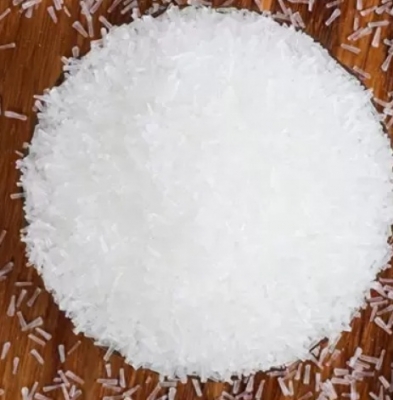Ajinomoto Can Cause Faster Ageing, Cardiac Problems: Allahabad University Study

Prayagraj (Uttar Pradesh), Sep 16: Ajinomoto, an essential ingredient, especially in Chinese cuisine, is leading to several health issues like hypertension, cardiac problems and a faster rate of ageing.
This has been found in research conducted by scientists at the biochemistry department of Allahabad University (AU).
The breakthrough research has been published in the reputed ‘Indian Journal of Clinical Biochemistry’.
Ajinomoto is the trade name for a salt that scientists call monosodium glutamate (MSG) — mostly used in Chinese preparations like Chowmein and Manchurian — which leaves a long-lasting taste (umami) that characterizes these food items.
Umami is the core fifth taste alongside the sweet, sour, bitter, and salty taste buds.
Scientists at the AU’s department of biochemistry, working under Professor S.I. Rizvi, have reported that MSG, even at low doses, could be detrimental to health.
The AU research on MSG toxicity has shown that even at concentrations, which come under the prescribed limits, MSG may cause oxidative stress, inflammation and other health issues. Besides, the umami taste can cause MSG addiction in children.
Prof Rizvi said, “All these adverse effects may predispose an individual to diseases such as hypertension, heart problems and a faster rate of ageing.”
The finding assumes importance since the consumption of foods rich in MSG has increased tremendously in recent years. All fast foods, including packed chips, momos and some packed foods contain large amounts of this compound.
MSG increases the production of certain chemicals in the body which may be highly harmful. The same type of change is often seen in Covid-19 patients, he added.
“The experimental study carried out on rats given a fixed dose of MSG revealed that after three weeks of continuous intake of this salt, some alterations were also seen in the brain region,” said Prof Rizvi.
The scientists tested the effect of MSG at two different concentrations, 30 mg and 100 mg per kg body weight.
Although the 30 mg dose did not cause any effects, at 100 mg dose, there were a host of side effects which could be hazardous to health.
“This study is an eyeopener as growing children may especially be vulnerable to toxic effects of MSG,” said Prof Rizvi, adding that children and growing foetuses have a leaky blood-brain barrier and could be affected by toxic effects of MSG.






